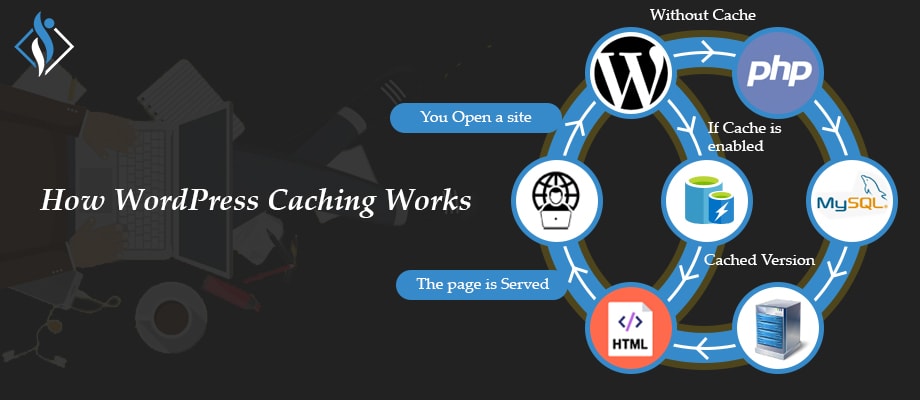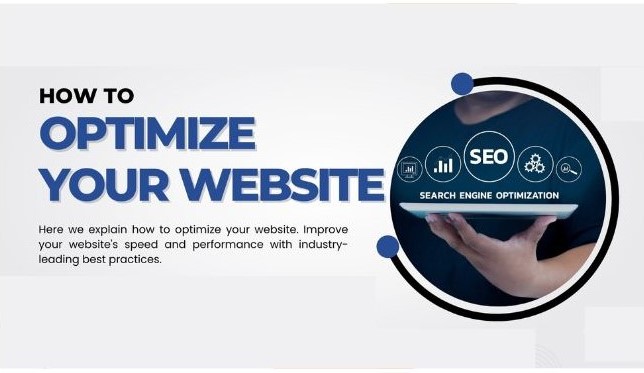Efficient Strategies for Efficient Website Performance Optimization the ever-evolving digital landscape, rapid website speed is indispensable. Sluggish load times not only inconvenience users but also present a substantial risk to search engine rankings and overall traffic. With a precise 47% of consumers anticipating a two-second load time and a significant 40% opting out of sites that surpass the three-second threshold, optimizing site speed becomes a critical mandate. Propel your website’s web design company in uk performance with these precisely crafted efficient strategies, derived from the acumen of a top-tier digital marketing agency, ensuring an unparalleled fusion of speed and efficiency for optimal website performance.
1. Strategic Image Optimization:
Propel your Efficient Website Performance Optimization forward by executing a precise image optimization strategy. Leverage state-of-the-art tools like the Smush WordPress plugin for seamless compression, achieving an optimal balance between image quality and file size. Make astute decisions regarding image file types, distinguishing between PNGs for graphics and JPEGs for photographs, to maximize efficiency without compromising visual fidelity.

2. File Fusion for CSS and JS:
Accelerate your Efficient Website Performance Optimization by intelligently consolidating CSS and JS files. Harness advanced tools such as the Hummingbird plugin, providing a sophisticated interface for optimizing assets. Exercise caution during the consolidation process, particularly with JavaScript, to preempt potential glitches. Consider a phased or gradual file consolidation approach for a seamlessly enhanced website performance.
3.Plugin Precision:
Conduct a surgical audit of plugins, meticulously removing redundancies and critically evaluating the relevance of existing ones. Regularly scrutinize your plugin landscape to eliminate superfluous elements that might impede performance. Strive for a lean and purposeful selection of plugins, minimizing additional HTTP requests, and fostering optimal efficiency.
4. Caching Excellence:
Unleash the full potential of caching plugins to achieve a quantum leap in site speed. Configure caching plugins with precision, optimizing the delivery of files and assets for an unparalleled user experience. By reducing server load through serving frequently requested content from cache, you’ll minimize redundant server requests, unlocking unmatched speed and responsiveness.

5. PHP 7 Upgrade:
Catapult your website’s capabilities by embracing the supremacy of PHP 7. This scripting language outshines PHP 5 in speed, memory efficiency, and request handling. Initiate a dialogue with your hosting provider to determine your current PHP version and seamlessly request an upgrade to PHP 7. Execute thorough compatibility checks, utilizing tools like the PHP Compatibility Checker plugin, to ensure a smooth transition without compromising functionality.
Implementing these efficient strategies will not only optimize your site’s speed but redefine the user experience, positively influencing search engine rankings and overall site triumph. In the fiercely competitive digital landscape, a high-speed website WordPress web designer in UK is not merely an advantage – it’s an absolute necessity for optimal website performance.
FAQs:
Q1: Why is website speed crucial?
A1: Slow load times inconvenience users, jeopardize search rankings, and deter traffic. Consumers demand a swift two-second load time, with 40% abandoning sites exceeding three seconds.
Q2: How does image optimization impact speed?
A2: Strategic image optimization, using tools like Smush or TinyJPG, balances quality and file size. Choosing PNGs for graphics and JPEGs for photos ensures efficiency without compromising visuals.
Q3: Why consolidate CSS and JS files?
A3: Merging CSS and JS files with tools like Hummingbird enhances website speed by optimizing assets.
Q4: How does a plugin audit boost efficiency?
A4: A plugin audit removes redundancies, evaluates relevance, and streamlines selection, minimizing HTTP requests for optimal efficiency.
Q5: What’s the role of caching in speed?
A5: Precise caching config minimizes server load by serving content from cache, reducing redundant server requests for unmatched speed.
Q6: Why upgrade to PHP 7?
A6: PHP 7 surpasses PHP 5 in speed and efficiency. Initiating an upgrade and ensuring compatibility ensures a seamless transition without compromising functionality.



